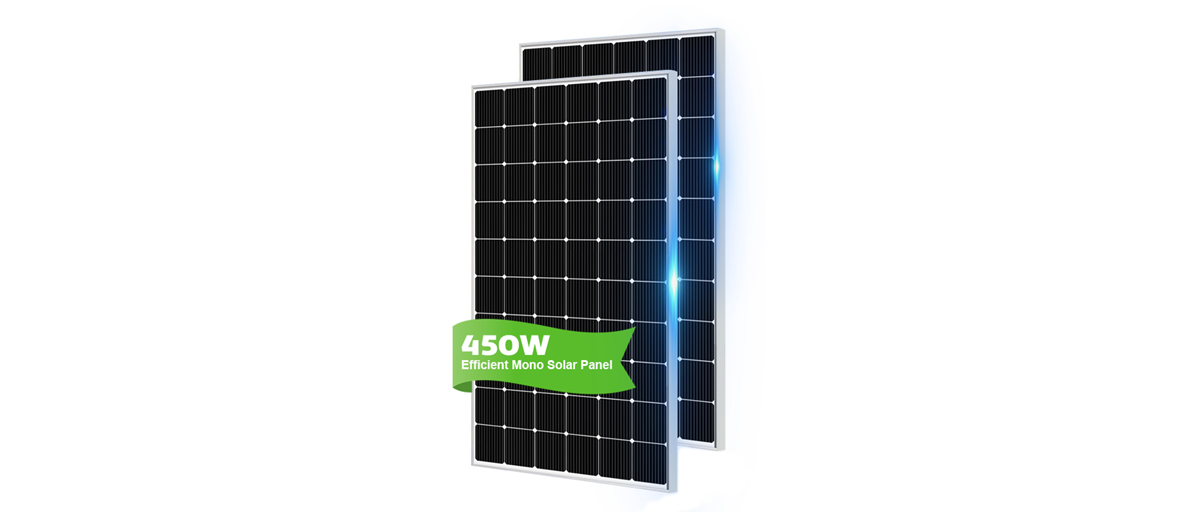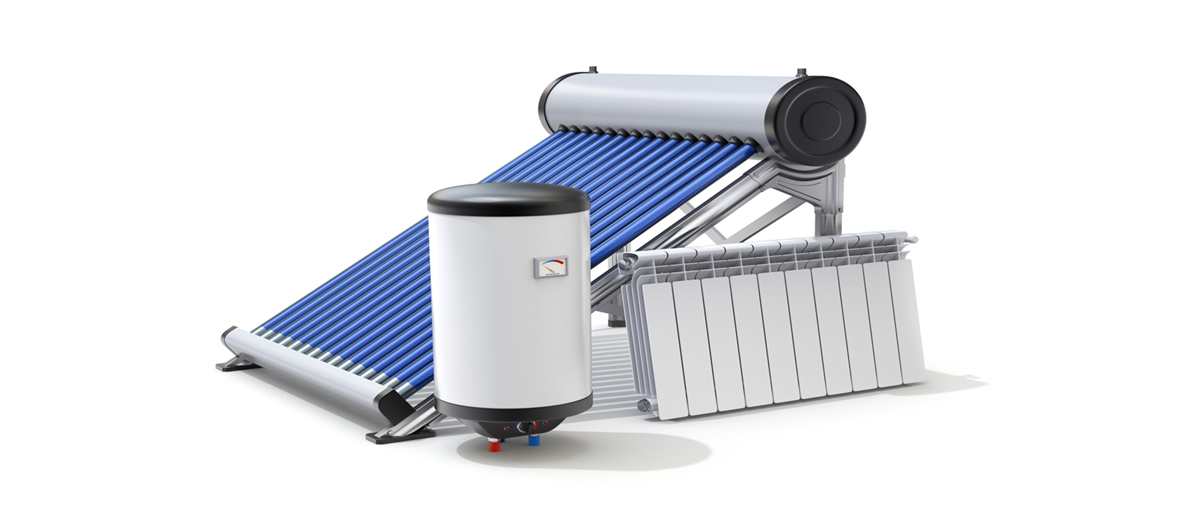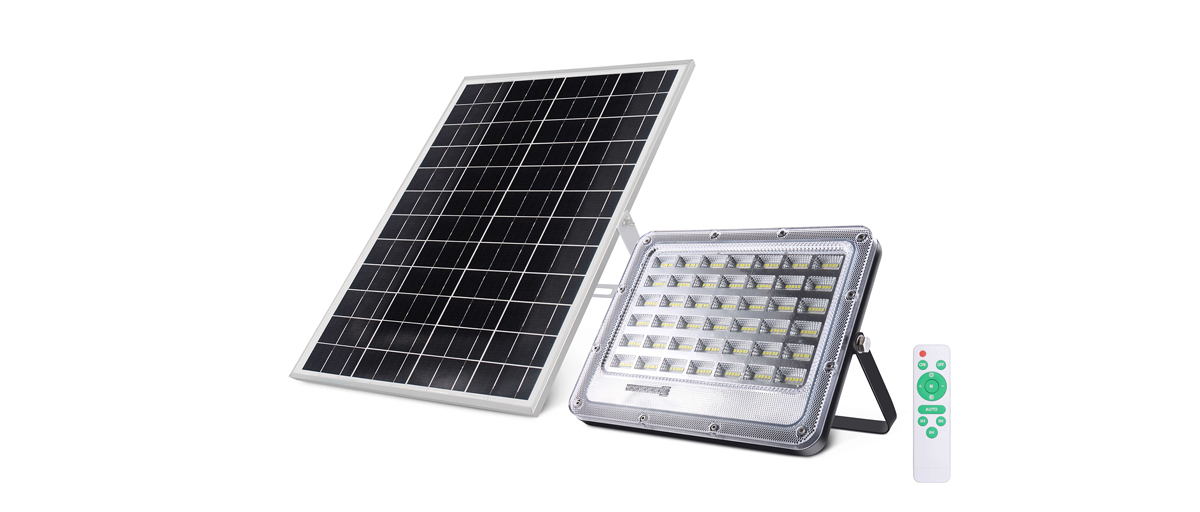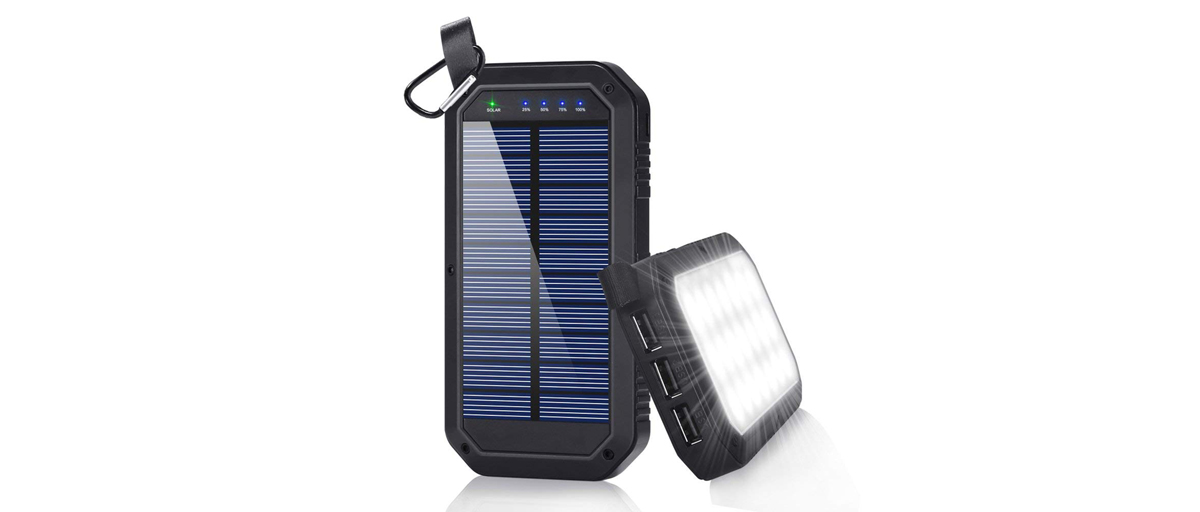Solar energy has become an increasingly popular source of renewable energy in recent years, and for good reason. With its potential to provide clean, sustainable energy, it has become a viable alternative to traditional fossil fuels. But what exactly are the solar products that make this possible? In this article, we will explore the different types of solar products, their benefits, and their uses.

NEEXGENT 450W MONO SOLAR PANELS
Solar Panels
Solar panels are perhaps the most well-known type of solar product. These panels capture sunlight and convert it into electricity, which can be used to power homes, businesses, and even vehicles. The most common type of solar panel is the photovoltaic (PV) panel, which uses an array of solar cells to generate electricity. PV panels can be installed on rooftops, on the ground, or on a solar farm. They are also modular, meaning that you can add more panels as your energy needs increase.
The benefits of solar panels are many. They are a clean and renewable source of energy, which means they do not contribute to greenhouse gas emissions or air pollution. They are also low-maintenance and long-lasting, with an average lifespan of 25-30 years. Additionally, solar panels can save homeowners and businesses money on their energy bills by reducing their reliance on traditional energy sources.

Solar Water Heaters
Solar water heaters are another type of solar product that uses solar energy to heat water. These systems work by circulating water through a solar collector, which heats the water using the sun's energy. The heated water is then stored in a tank for later use. Solar water heaters are an efficient and cost-effective alternative to traditional water heaters, which use gas or electricity to heat water.
The benefits of solar water heaters are numerous. They can reduce energy costs, as they do not require electricity or gas to operate. They are also environmentally friendly, as they do not emit greenhouse gases or contribute to air pollution. Additionally, solar water heaters are low-maintenance and long-lasting, with an average lifespan of 20-30 years.

HESHI LIGHTING HL02 SOLAR FLOOD LIGHT
Solar-powered Lights
Solar-powered lights are a type of outdoor lighting that uses solar panels to convert sunlight into electricity. These lights are often used in gardens, pathways, and other outdoor areas where traditional lighting is not available. Solar-powered lights are easy to install, as they do not require any wiring or electrical connections. They are also low-maintenance, as they do not require any maintenance or replacement batteries.
The benefits of solar-powered lights are numerous. They are energy-efficient, as they do not require any electricity to operate. They are also cost-effective, as they do not require any installation costs or ongoing maintenance. Additionally, solar-powered lights are environmentally friendly, as they do not contribute to greenhouse gas emissions or air pollution.

Solar-powered Chargers
Solar-powered chargers are a type of electronic device that uses solar panels to recharge batteries or power devices directly. These chargers are often used for camping, hiking, and other outdoor activities where traditional electrical outlets are not available. Solar-powered chargers are portable and easy to use, as they do not require any wiring or electrical connections. They are also environmentally friendly, as they do not require any electricity to operate.
The benefits of solar-powered chargers are numerous. They are a convenient and eco-friendly way to charge electronic devices on the go. They are also cost-effective, as they do not require any electricity or replacement batteries. Additionally, solar-powered chargers can help reduce the reliance on traditional energy sources, which can help reduce greenhouse gas emissions and air pollution.
solar-powered lights, and solar-powered chargers, have numerous benefits and uses. They are energy-efficient, cost-effective, environmentally friendly, and low-maintenance, making them an attractive alternative to traditional energy sources. Additionally, solar products are modular and scalable, meaning that they can be customized to fit the specific energy needs of homes, businesses, and other applications.
The key advantages of solar products is their ability to reduce greenhouse gas emissions and combat climate change. According to the International Energy Agency (IEA), solar energy could be the largest source of electricity by 2050, providing over 16% of the world's electricity needs. This would represent a significant shift away from traditional fossil fuels, which are the primary contributors to global warming and climate change.
Solar products also have economic benefits. They can help reduce energy costs, which can be especially important for low-income households and communities. Additionally, solar products can create jobs in the renewable energy sector, as more companies invest in solar energy and related technologies.
Solar products are a critical part of the transition to a clean and sustainable energy future. They offer numerous benefits and uses, including reducing greenhouse gas emissions, reducing energy costs, creating jobs, and promoting energy independence. As solar technology continues to advance, we can expect to see even more innovative solar products that will help us build a more sustainable future.
Despite the many benefits of solar products, there are still some challenges that need to be addressed. One of the main challenges is the high upfront cost of installing solar products, particularly solar panels. Although the cost of solar panels has decreased significantly over the past decade, they can still be expensive to install for some households and businesses. This can be a barrier for those who want to switch to solar energy but cannot afford the initial investment.
The intermittency of solar energy, meaning that solar products only generate electricity when the sun is shining. This can be addressed through the use of energy storage systems, such as batteries, which store excess energy generated during sunny hours for later use. However, energy storage systems can also be expensive and require additional maintenance.
Despite these challenges, the use of solar products is expected to continue to grow in the coming years, as governments, businesses, and individuals increasingly prioritize renewable energy sources. In addition to the environmental and economic benefits of solar products, they also offer energy security and independence, as they are not reliant on finite resources such as fossil fuels.
Solar products are a crucial part of the transition to a clean and sustainable energy future. They offer many benefits and uses, including reducing greenhouse gas emissions, reducing energy costs, creating jobs, and promoting energy independence. While there are still some challenges to overcome, the increasing adoption of solar products around the world is a positive sign for the future of renewable energy.
The challenges of high upfront costs and intermittency, governments and organizations have implemented policies and incentives to promote the use of solar products. For example, some countries offer tax credits, rebates, or feed-in tariffs to encourage the adoption of solar energy. These policies make solar products more affordable and accessible to a wider range of people.
Technological advancements have led to the development of more efficient and affordable solar products. For instance, thin-film solar panels and solar shingles have emerged as alternatives to traditional solar panels, offering a more aesthetically pleasing and versatile option for homeowners. Furthermore, advancements in energy storage technology, such as flow batteries and thermal energy storage, can help address the intermittency of solar energy and provide more reliable access to electricity.
The use of solar products also has the potential to increase energy access and improve the lives of people in remote or underdeveloped areas. Solar-powered products, such as lights and chargers, can provide access to electricity in areas where grid infrastructure is not available or reliable. This can have significant impacts on education, healthcare, and economic development.
The benefits of solar products are vast, and the challenges can be addressed through policy support, technological advancements, and innovative business models. As we continue to transition towards a clean energy future, the use of solar products will play an essential role in reducing greenhouse gas emissions, improving energy access, and promoting sustainable economic development.









